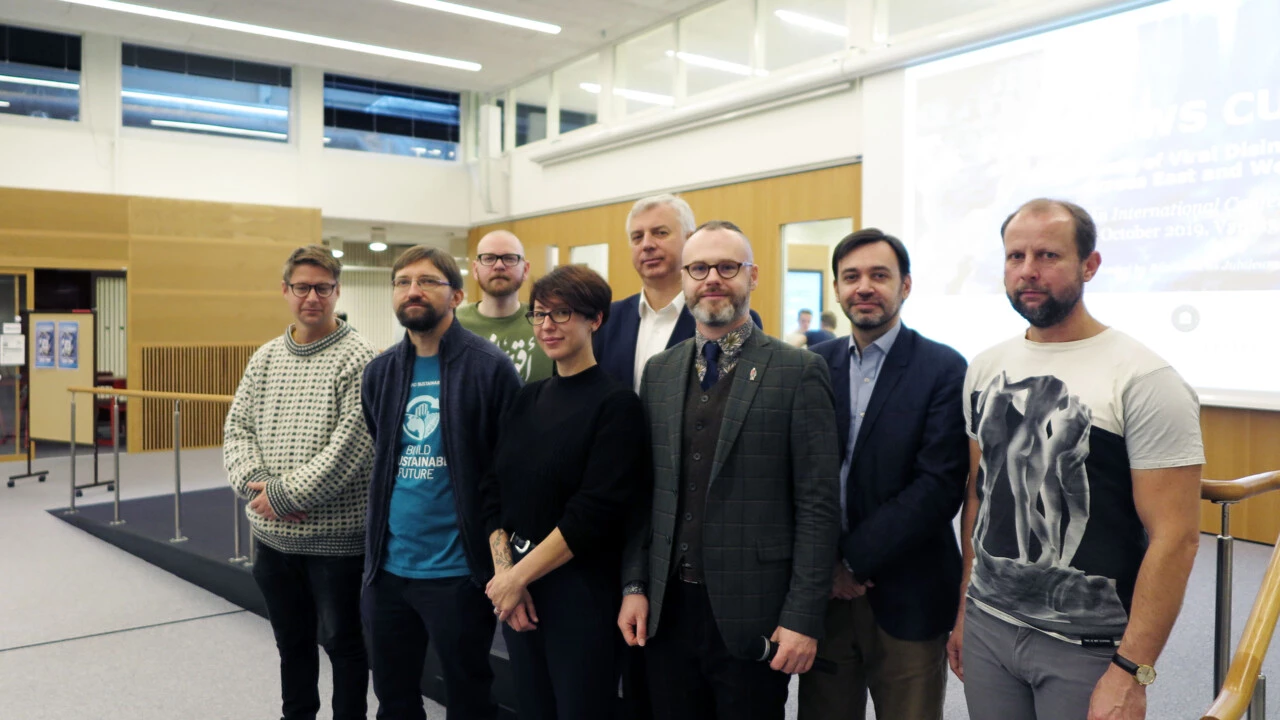Navigation auf uzh.ch
Navigation auf uzh.ch
In the last two decades, media studies seem to have gone a full circle in developing different perspectives on new and social media, digitization, and interconnectivity, from an early 2000s optimistic fanfare about empowerment and participation to the dark side of slacktivism, surveillance, and fake news. Even though the current situation was predicted by much what had been written on this, the shock many have landed at is testimony enough to the strength of digital optimism among both general population and expert elites. While one is witnessing a renewed interest to concepts such as propaganda, it becomes even more vital to establish a framework for a systematic and critical study of “alternative facts” in alternative media and beyond.
This postdoctoral research project, carried out at Umeå University in 2018-2020, departed from Foucault’s ideas on truth, knowledge and power, theoretical perspectives by Richard Hofstader, Frederic Jameson and Jan Assmann, as well as genre theory, to suggest considering the current functioning of “fake news” (defined as strategic false news stories) as narratives. In this way, a more critical understanding of the phenomenon as an imitative, meta-mimetic genre was developed, concluding that even though the very existence of fake news, conspiracy theories and other “weaponized folklore” is programmed into the episteme of modernity, their current rise in the digitized media world represents evidence of the erosion of modernity itself.
